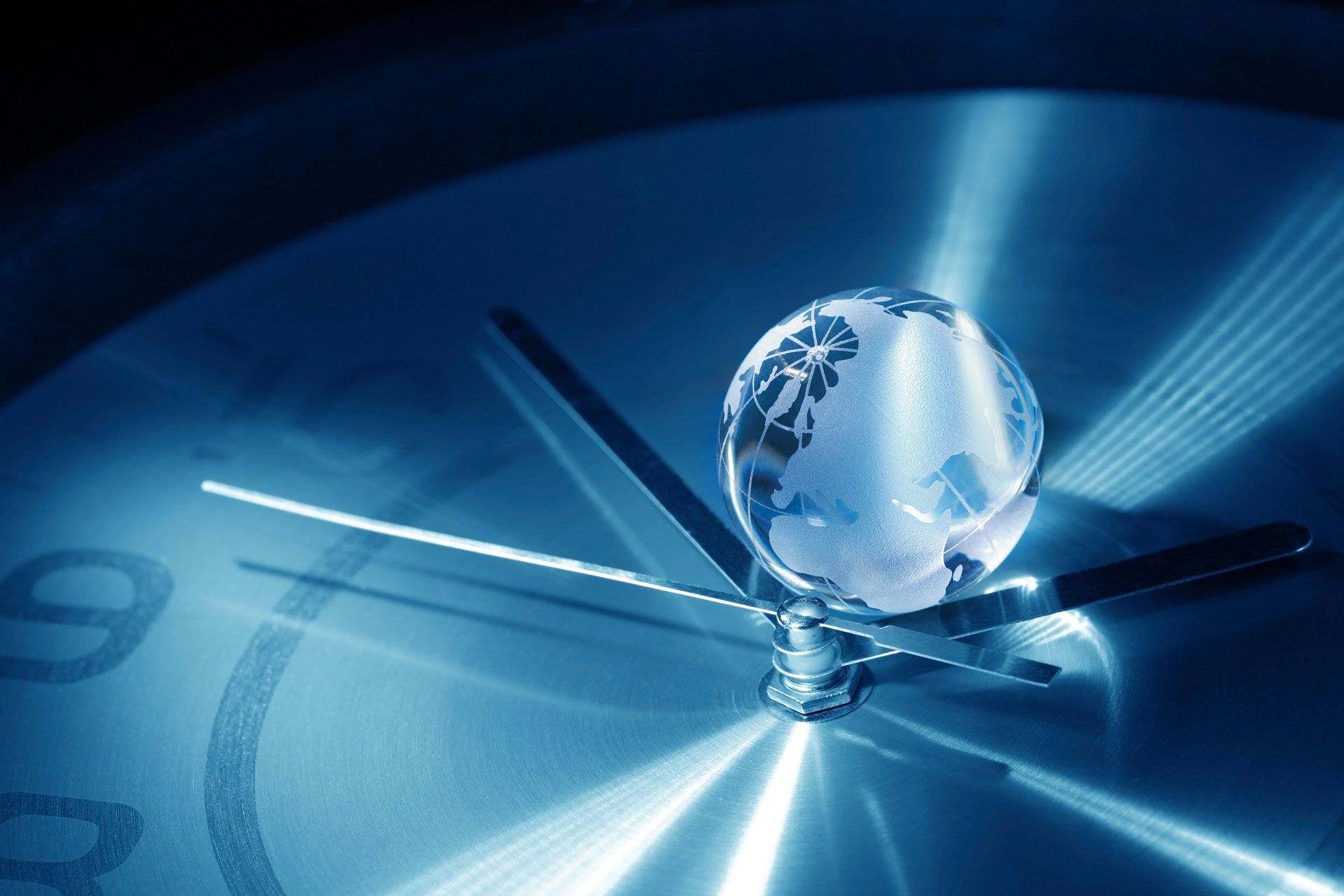
Time in today’s world


Doreen Bogdan-Martin, ITU Secretary-General
Time is crucial to our lives on Earth. Our societies have long depended on it.
Time is probably one of the most important commodities we have. Without timekeeping, there would be no delimitation of specific days or months, birthdays or anniversaries, precise noons or midnights. Even if we rarely reflect on why time matters, we would simply be lost without it.
Timekeeping enables us to be synchronized and organized.
A complex web of timekeeping systems enables us to manage time in our day-to-day existence in a world that is constantly evolving. Time is displayed everywhere — on computers, smartphones, TVs, and all other kinds of applications and systems. Different entities, from tech companies and satellite navigation systems to broadcasters and astronomers, all depend on reliable timekeeping.
In recent years, some experts have sought to amend Coordinated Universal Time (UTC), calling into question the need for “leap second” adjustments. In today’s digital world, the quest for precise and widely accepted timekeeping prompts questions about how, and whether, to reconcile the unevenness of Earth’s rotation with the steady pulse of atomic time.
The perspectives of the authors of the latest ITU News Magazine edition are sure to inform the ongoing debate on this topic ahead of the World Radiocommunication Conference (WRC-23) in November and December.
Radiocommunication is key for the International Telecommunication Union (ITU) to drive sustainable digital transformation and achieve meaningful connectivity for everyone. Let us work together to ensure that future timekeeping works for all of humanity.
Download your copy of the ITU News Magazine: The future of Coordinated Universal Time.
Header image credit: Adobe Stock
Photo: ITU/D. Woldu
